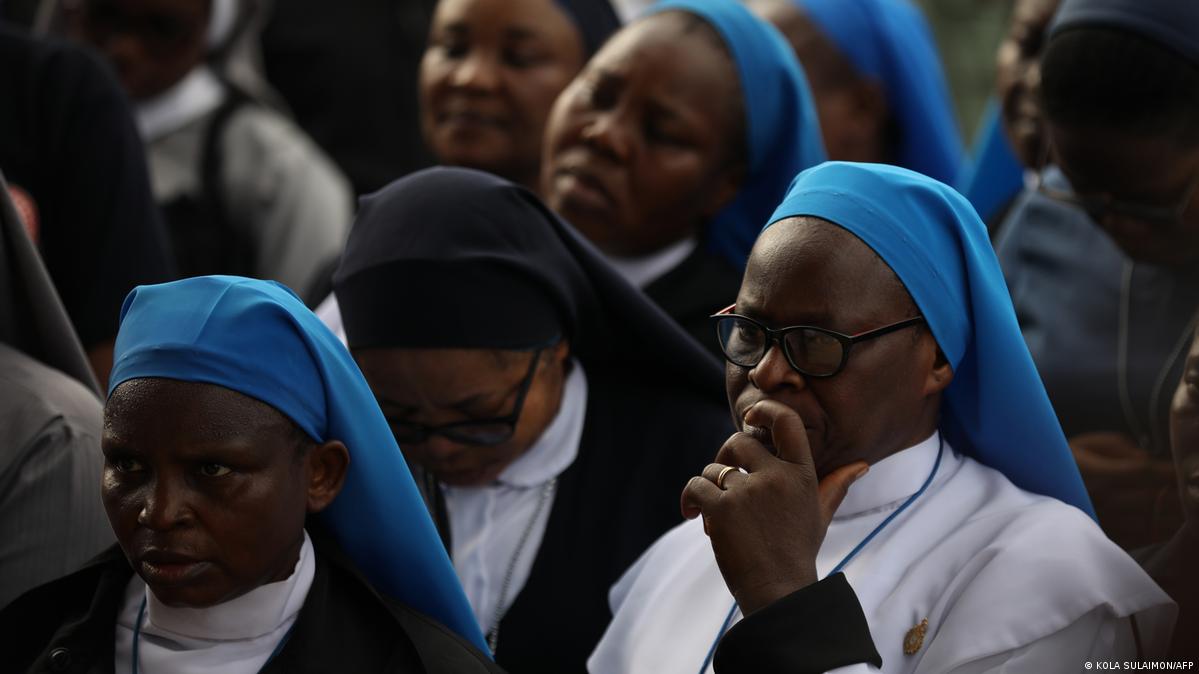A significant diplomatic and theological rift has opened in Nigeria as the Pentecostal Fellowship of Nigeria (PFN) and the Nigerian Supreme Council for Islamic Affairs (NSCIA) present two starkly different realities regarding the violence sweeping the nation.
The PFN President, Bishop Francis Oke, has insisted there is an ongoing Christian genocide in the country, describing any denial of the situation as a desecration. Conversely, the NSCIA has categorically rejected the ‘Christian genocide’ claims, asserting that the situation is purely a national security challenge, not a religious war, and describing the allegations as false, politically driven, and a threat to national unity.
Speaking to journalists in Ibadan, Bishop Oke stressed that the scale and persistence of attacks on Christians in parts of Northern Nigeria could “no longer be debated.” He pointed to unresolved cases as evidence, asking: “Where is Leah Sharibu? What happened to the Chibok girls? Chibok is a predominantly Christian community in Borno State.”
The Bishop noted that U.S. President Donald Trump’s concerns reflect a reality that many Nigerians are witnessing, especially following recent killings in Plateau State.
“We are not accusing the Muslim community, get me clear. We have been living together for ages in mutual respect and harmony,” Bishop Oke clarified. “It is the violent sect of Islam that is called Boko Haram and ISWAP and co., that use the name of Islam to attack churches.”
He argued that hundreds of churches have been burnt down, tens of thousands of Christians massacred, and hundreds of pastors butchered. “It would be a desecration to the blood of these Nigerians to call it any other name. There is not a single instance of a Christian group attacking the Muslims. It is always the other way round,” he stated. He insisted that the malaise must be identified properly—”You don’t call cancer a headache”—so it can be dealt with effectively.
The Bishop recounted numerous unresolved attacks—ranging from the killings in Benue and Plateau, violence in Southern Kaduna, and the Owo church massacre—to emphasize the consistent pattern of violence directed at Christian communities.
Meanwhile, addressing journalists in Abuja, the Nigerian Supreme Council for Islamic Affairs (NSCIA) rejected allegations by the United States and some Western organizations that Christians are being subjected to genocide in Nigeria.
The Council’s Secretary-General, Prof. Ishaq Oloyede, explained that the NSCIA, which represents all Islamic organizations in Nigeria, had resolved to condemn recent threats to the nation’s stability. He rejected any attempt by foreign powers to portray the country’s complex security challenges as a religious conflict.
“We have not been emphasizing the killings of Muslims. Not because we are not aware that Muslims are being killed, but because we do not see what is happening as a religious war,” Prof. Oloyede stated. “This is a national security issue, not a religious one.”
He accused U.S. President Donald Trump and his associates of being misled, calling the genocide label dangerous, unfair, and undermining to a sovereign nation fighting terrorism. Oloyede stated the crisis is one of survival, driven by environmental collapse, poverty, and criminal opportunism.
The NSCIA further accused foreign-backed lobbyists and separatist sympathizers abroad of exploiting Nigeria’s insecurity for political and financial gain.
Oloyede alleged, “These lobbyists flood Washington with doctored videos and fake statistics. They quote fabricated figures of Christian deaths and spread religious persecution claims to secure asylum, funding, and attention. This is a betrayal of our nation.”


